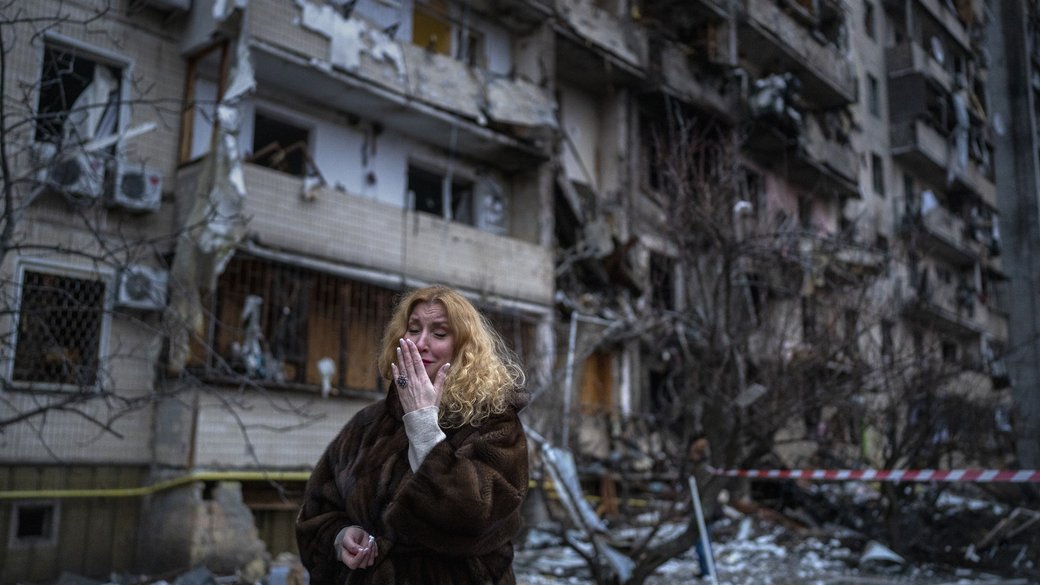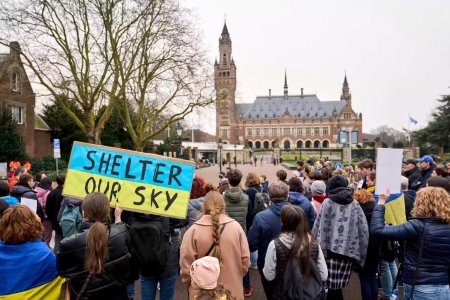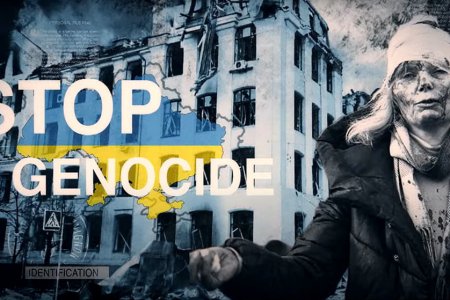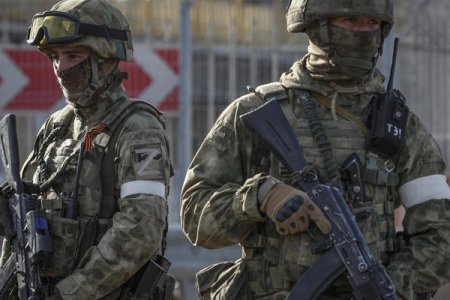
The UN’s International Court of Justice [ICJ] ruled on 2 February that it has jurisdiction in the case brought by Ukraine against Russia over alleged breach of the Convention on the Prevention and Punishment of Genocide. This is a highly specific case, brought just days after Russia’s full-scale invasion of Ukraine, and addressing specifically Russia’s spurious claim that Ukraine ‘committed genocide in the Luhansk and Donetsk oblasts [Donbas]’ as pretext for its war of aggression against Ukraine. In welcoming the move, Anton Korynevych, Ukraine’s Representative at ICJ, explained that the Court will investigate whether, as claimed by Russia, Ukraine ‘committed genocide’. This claim was used by, among others, Russian president Vladimir Putin in the early hours of 24 February 2022 as purported excuse for Russia’s full-scale invasion of Ukraine. Ukraine will now have the opportunity, before an international court, to set the record straight and demonstrate that Putin and Russia lied then and have continued lying ever since.
The Court rejected five of Russia’s six preliminary objections, including its claim that Ukraine had effectively changed the goalposts by requesting the Court to find that there is no credible evidence that it committed acts of genocide in the Donetsk and Luhansk oblasts.
One preliminary objection was, however, accepted, by twelve votes to four. Ukraine had asserted, as the Court put it, that “the Russian Federation falsely accused the Applicant of committing genocide and invoked the Convention in bad faith in order to justify, in an abusive manner, its actions, particularly its military actions, which go beyond the limits of international law.” It maintained that these acts would constitute violations of Russia’s obligations under Articles 1 and IV of the Convention on Genocide. Here the Court did not agree, and stating that, even if Russia had invoked the Convention in bad faith, and if its actions in recognizing the so-called ‘Luhansk and Donetsk people’s republics’ and launching what it calls its ‘special military operation’ “are contrary to international law, it is not the Convention that the Russian Federation would have violated but the relevant rules of international law applicable to the recognition of States and the use of force. These matters are not governed by the Genocide Convention and the Court does not have jurisdiction to entertain them in the present case”.
While this may pose an insurmountable obstacle to Ukraine’s request for Russia to pay reparation “for all damage caused by the Russian Federation as a consequence of any actions taken on the basis of Russia’s false claim of genocide”, there is another important area where the question of reparation can and, surely, should arise. The ICJ judgement on 2 February means that the Court’s Order from 16 March 2022, remains in force. On that day the Court ruled that Russia ““shall immediately suspend the military operations that it commenced on 24 February.” Russia’s ‘response’ came within a couple of hours, when it committed one of its bloodiest war crimes in Ukraine to date, and bombed the Mariupol Drama Theatre in which at least a thousand civilians are believed to have been seeking refuge from Russia’s attack. The fact that it has committed countless such crimes since then does not change the fact that the ICJ Order was binding. Ukraine has, therefore, respectfully asked the Court to “order full reparation for all harm suffered by Ukraine as a consequence of the Russian Federation’s violations of the Court’s 16 March 2022 Order indicating provisional measures, in an amount to be quantified in a separate phase of these proceedings.”
The Court’s judgement from 2 February 2024 speaks volumes even to those unaccustomed to reading legal texts. As well as having a very substantial legal team itself, Ukraine has also been joined in this case by 32 countries who also sent formidable representatives.



